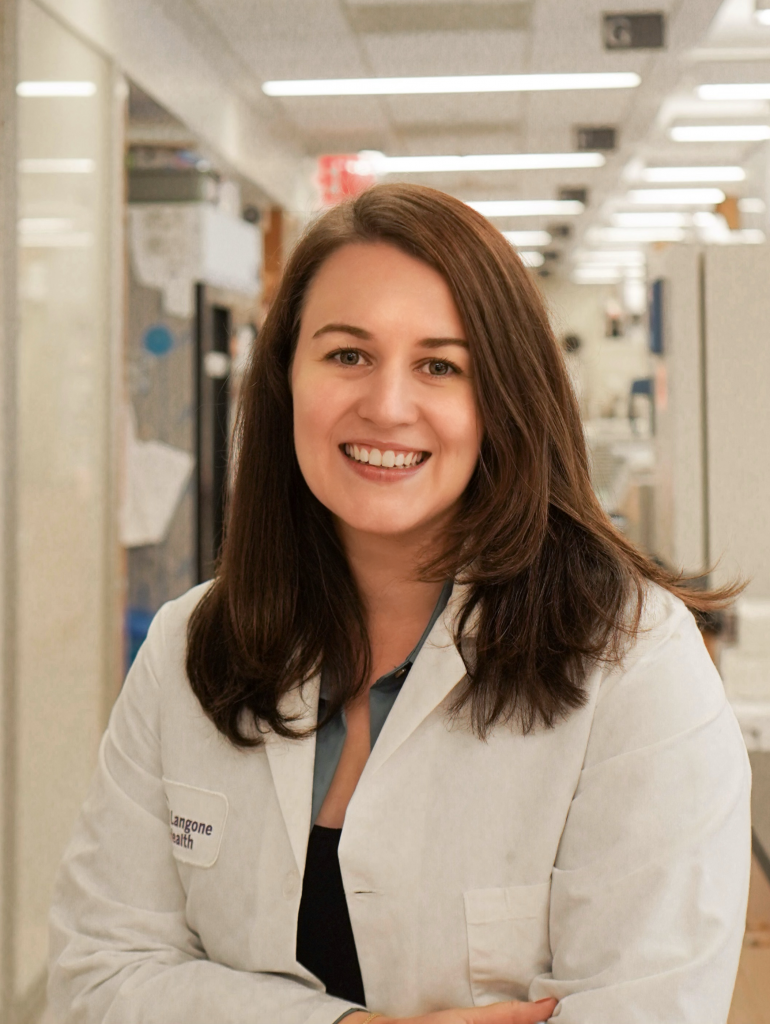
Rachel Kratofil
Department of Pathology, NYU Grossman School of Medicine, New York, USA
Essay
Working up an appetite to promote repair: Immune-derived hunger hormones restore tissue post-infection
Abstract
Neutrophils and monocytes are early immune responders to infection, but their roles in
tissue repair post-infection remain unclear. We used a relevant skin infection model with
live intravital imaging to capture immune cell recruitment. While neutrophils engaged
bacteria, monocytes stayed nonmotile and at a distance from bacteria. Neutrophil
depletion impaired bacterial clearance, but monocyte depletion caused delayed healing
and increased vasculature due to elevated leptin levels.
Further experimentation showed that recombinant leptin promoted angiogenesis and
blocking leptin signaling ameliorated hyper-angiogenesis. Endothelial LepR was critical
for leptin-driven angiogenesis. Ghrelin injections reduced vasculature, implying a role
for hunger hormones in repair. This research uncovered a novel link between immune
cells and hormonal regulation of revascularization and this mechanism may apply to
other diseases like cancer.
Biography
Dr. Rachel Kratofil is from Victoria, Canada. She received her BSc in Biochemistry from
the University of Victoria and her PhD in Immunology from the University of Calgary,
where she was the recipient of the Canadian Governor General’s Gold Medal for her
graduate work on immune regulation of hunger hormones, leptin and ghrelin, during
tissue repair.
In October 2022, Rachel joined the labs of Drs. Shruti Naik and Victor Torres at NYU
Grossman School of Medicine as a postdoctoral fellow, where she currently studies how
barrier tissues adapt to microbial cues during injury.
